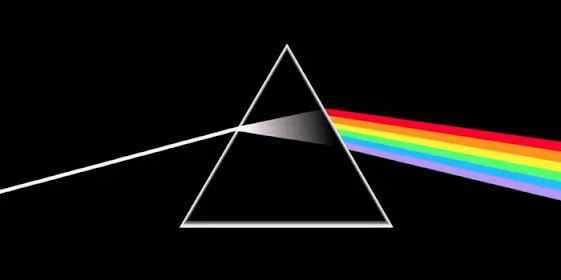Be sure to follow KMXT FreeForm Radio on Facebook and Bandcamp.
Please support FreeForm Radio and KMXT by going to KMXT.org and pledging your support.
The music you hear on tonight's show is available on the artists' Bandcamp pages and websites. (links below)
We urge you to support the musicians you hear on FreeForm Radio.
Tonight we celebrate the 50th Anniversary of Pink Floyd's Dark Side of the Moon, one of the most popular albums ever. We will be featuring a live recording of their magnum opus from 1974. We will also play "Echoes" from that same concert.
The Dark Side of the Moon Live at Wembley 1974 Pink Floyd
with
| ||
|---|---|---|
|











